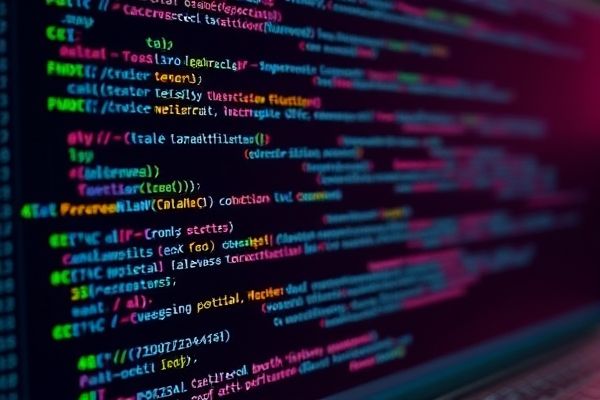Could your AI code editor be the source of a cybersecurity nightmare? The newly identified ‘Rules File Backdoor’ exploit reveals vulnerabilities in AI-powered coding tools like GitHub Copilot and Cursor. This attack vector enables hackers to inject malicious code through seemingly harmless configuration files, underscoring the urgent need for robust security measures.
Key Takeaways:
- ✅ AI code editors can be manipulated through compromised rules files.
- ✅ Invisible characters are used to mask malicious codes from scrutiny.
- ✅ Compromised code can seamlessly propagate across various projects.
- ✅ Vigilant code review processes are vital to identify risks.
The ‘Rules File Backdoor’ attack exploits author-defined configurations within AI editors. Rules files typically establish coding protocols and best practices. However, once an attacker infiltrates these files with hidden prompts, the result can be disastrous: the AI could generate code embeds nefarious vulnerabilities. Utilizing tactics like zero-width joiners and bidirectional text markers, hackers can obscure their intentions, making detection nearly impossible.
This method poses a significant risk as compromised rules files integrated into a repository can affect all future code generation sessions by each team member. What might seem like innocuous code can subsequently carry malicious payloads undetected. Ultimately, the threat can extend throughout the software ecosystem by affecting downstream projects during the forking process, jeopardizing dependencies and end-user applications.
In light of the vulnerability disclosure in early 2024, GitHub and Cursor have noted the onus now lies with developers to validate the AI suggestions thoroughly. This shift in accountability highlights the importance of meticulous code review practices to preemptively catch any contaminated outputs. With trusted AI tools becoming increasingly integrated into workflows, it’s imperative developers remain aware of these emerging threats.
In summary, the ‘Rules File Backdoor’ exploit indicates a troubling trend in cybersecurity, emphasizing the need for developers to safeguard their projects. By implementing stringent review protocols and remaining aware of sophisticated threats, developers can better protect their code and maintain software integrity.



